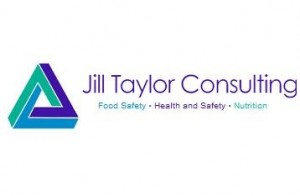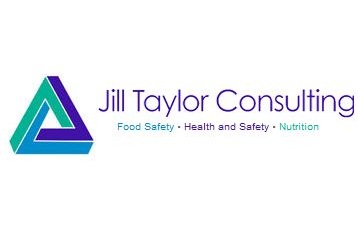Impeccable food safety management is of major importance to the reputation and success of any food business, a fact which is very rarely appreciated by the “food-buying” public. But what happens when an aspect of the production, service or delivery of food does not meet the required industry standards? (by Jill Taylor)
 |
| [relatedPosts title=”Related Posts”] |
|
|
The Food Safety Act 1990 governs food safety in the UK and food safety management must comply with internationally recognised safety measures known as the HACCP (Hazard Analysis and Critical Control Point) principles.
The Food Safety Act stipulates that:
Establishments providing food must ensure, among other things, that the food is presented, labelled and advertised in a clear manner, without being misleading, the food provided must be of the quality and standard expected by the consumer.
No substance must be added to the food or treatment given to the processing which may be injurious to the health of the consumer.
Food must be prepared in a hygienic and commercial environment.
Food premises must be registered and licensed with the Local Authority / FSA.
Businesses providing food are subject to visits from environmental health practitioners from the local authority. These visits can be prompted by a customer complaint or by an unspecified time lapse since the last visit. Environmental health practitioners have the right to take samples of the food in order to have them assessed and analysed. They are able to have access to food production and supply areas & all employees at any reasonable time.
The Local Authority are able to carry out the following measures if standards are not met:
An Improvement Notice can be served.
This document or letter will point out the failures of the particular establishment to meet the legislation. The requirements to rectify these failures will be identified and a time frame will be set for compliance. It is a criminal offence not to comply with the notice.
An Emergency Hygiene Prohibition Order
This effectively closes down the business or areas of the business immediately. Equipment may be condemned or an aspect of processing halted. This is used if there is imminent risk to public health, such as rat infestation or the prospect of injury to staff or the public if the building or a piece of equipment is dangerous.
Prosecution
This occurs in the most serious cases where a business has repeatedly failed to meet standards. An individual may be fined up to £5,000, per offence, or 6 months imprisonment by a magistrates’ court. In the case of larger companies or organizations the case may be taken to crown court where there is the prospect of an unlimited fine and or a maximum prison sentence of two years. Individuals can also be banned from working with food or in the food industry for a fixed period of time.
Achieving, and hopefully exceeding, the required standards demonstrates the commitment of the business & business owners to serve their customers and general consumers well. With the increasing requirement of Local Authorities to display Food Safety Ratings consumers, customers and the food buying public will become more aware of the effort food businesses put in to achieving & maintaining the required standards. It is therefore essential for all food businesses to ensure that they have robust food safety management procedures in place; that standards are regularly scrutinised and assessed. Part of a valid HACCP system is the implementation of effective employee training, as required by food safety legislation and appropriate supervision of all food handlers.
J T Consulting can help with assessing your HACCP system, addressing any additional requirements & assisting with implementation. We can also assess and provide any training requirements that are appropriate to your particular food business. There are many levels of food safety and HACCP training, our aim is to ensure that food handlers have the appropriate training for their job role and that candidates are not set up to fail – we do not believe in training for training’s sake as this has little, or no, effect in the workplace.
Please sign up to our Newsletter to be kept up to date with all legislative updates and information, food safety recalls and training events that are taking place. We will not bombard you with e mails – our short essential industry information bites are all sent out by Twitter, so you only need read what’s important to you.
.





